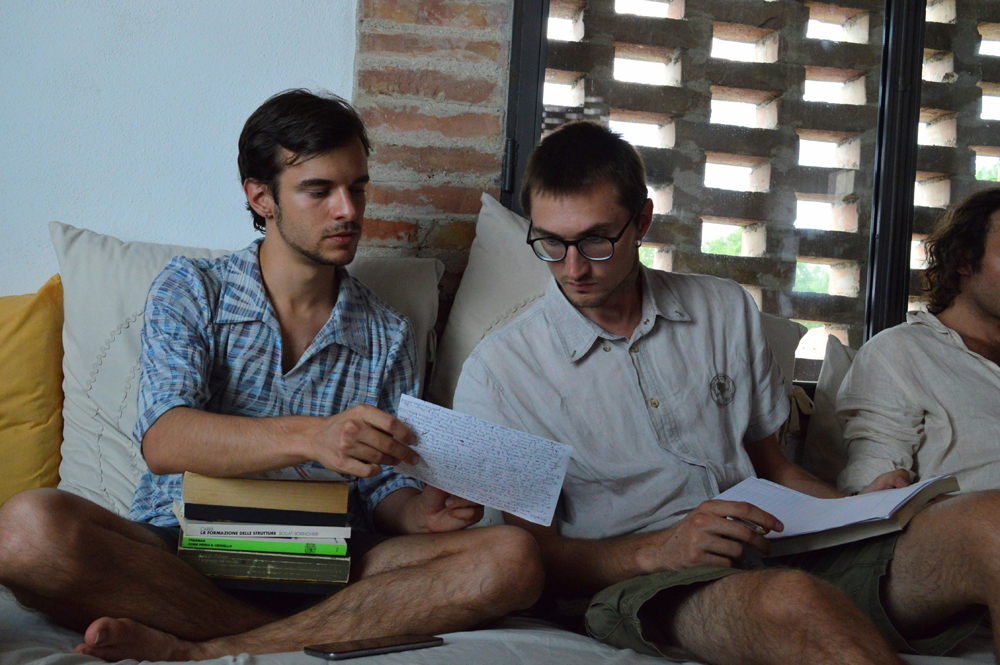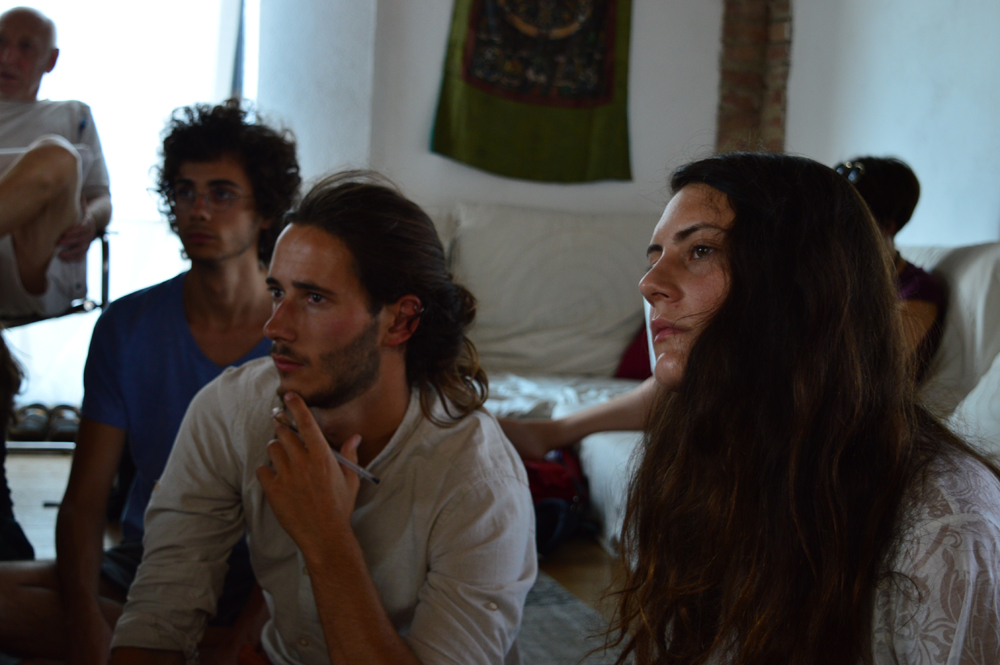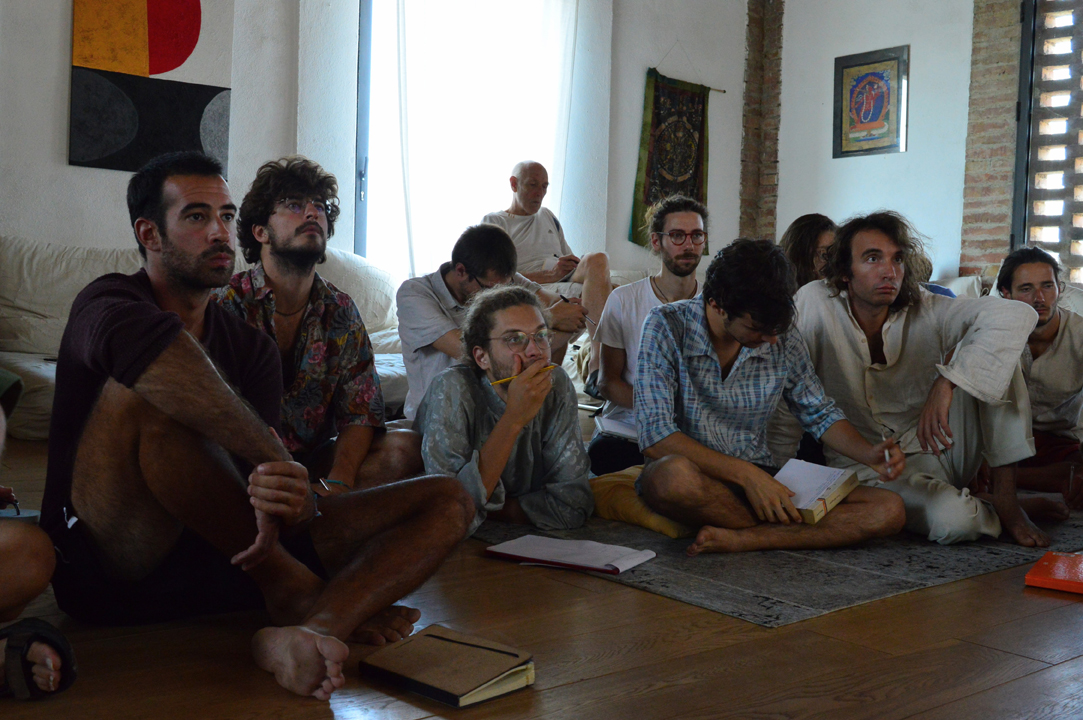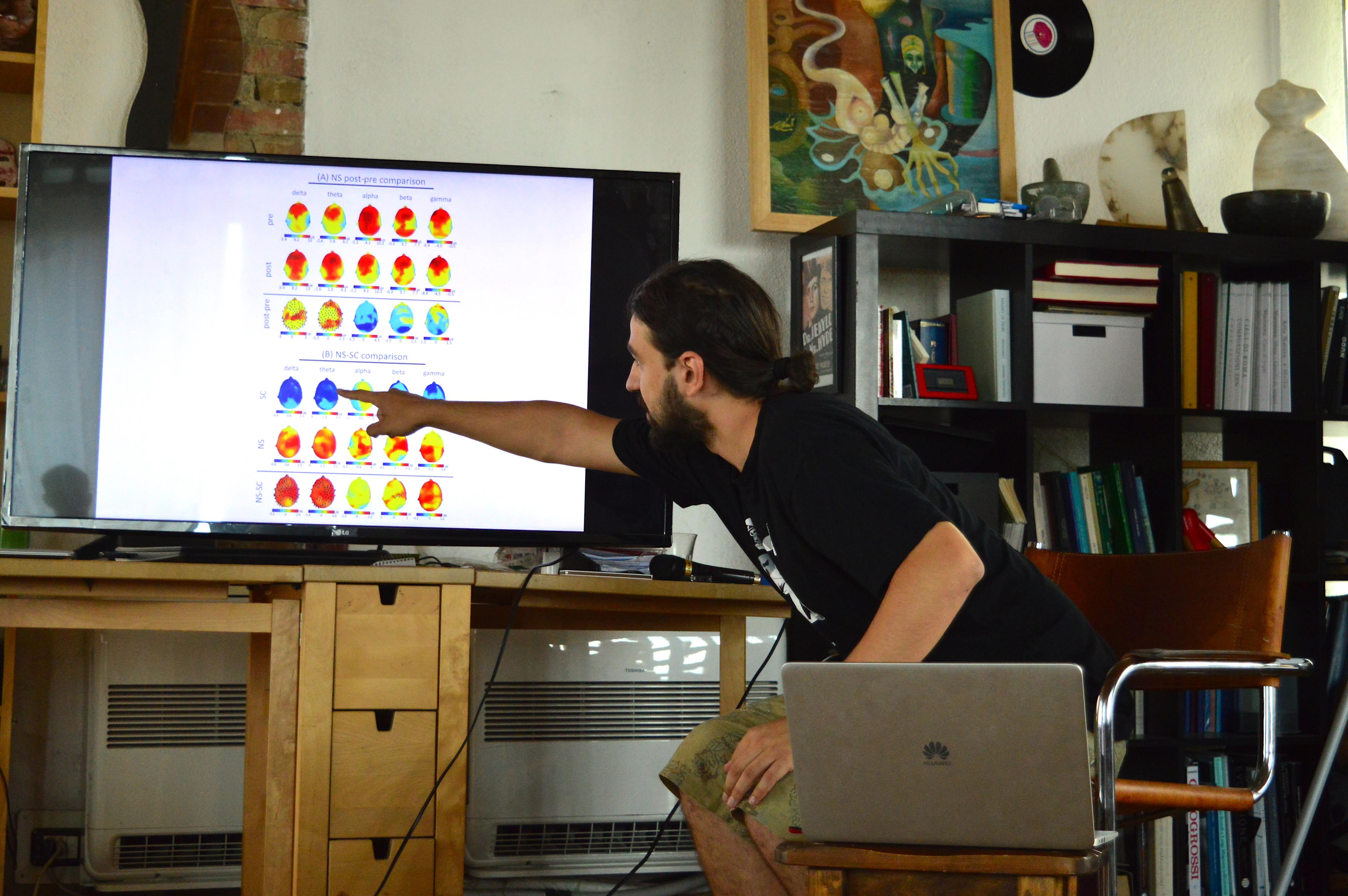Consciousness Course

The question “Who am I?” and its related search for a firm reality underlying all appearances has been at the core of humanity’s search for self-understanding. In recent years, neuroscience research has developed to the point where it is beginning to converge with the styles of questioning from philosophy and the “wisdom” traditions. This course is exactly as taught as an advanced seminar at Stanford, and includes philosophical, neuroscientific, and computational content.

Click here for syllabus.
Register Now!
Full-time Cognitive Science Program

Suitably qualified applicants are requested to apply for a full-time Cognitive Science Program, which begins September 22, 2014. Like the Foundations of Mind Conference, this course takes the view that Cognitive Science could transform how we see and think about the world.
As a result of this course, the graduate will have acquired the skills to be able to:
- Design a computer game using specialized knowledge of how the brain processes the information presented on the screen.
- Help to diagnose a patient based on a printout of the relevant genetic information, an interview, and overt behavior analysis.
- Design a computer interface (CI) for specialized use, including for mentally and physically challenged individuals, as U.S. law requires they have unrestricted access to information.
- Assist — and of course direct — R+D in the multitude of applications relating to cognition that will emerge over the next several generations, including (but not restricted to) intelligent search, machine translation, human CI in general (including neural implants), speech processing, bioinformatics approaches to the brain, and so on.
- Participate in an informed way in the debate about how science impacts society, particularly focusing on the graduate’s own cutting-edge area.
- Work as an applications programmer in a range of commercial and industrial environments.
As in all these proposed courses, the student can take subjects from edX or Coursera, and signatures of completion will be accepted as tentative proof that the student has mastered the material. However, in project assessments, those students who have no proof of mastery other than these signatures may be asked questions in oral examinations relating to the content they claim to have mastered. Alternatively, and particularly in the case of Coursera courses that do not give certs, students may ask to be examined on the material at the University of Ireland, and an exam will be prepared for them.
It is envisaged that 30 academic units will be taken in the two introductory “years” (which may, of course, reflect more or less chronological time). There will be a minor thesis, with subject proposed by either faculty or student (7 credits), and a major thesis to be entirely conceived by the student (10 credits).
For further details, please see this page.

Photo from Foundations of Mind Summer 2019 School
|



